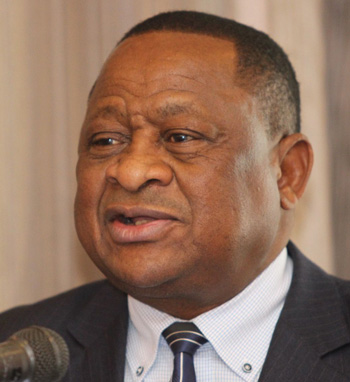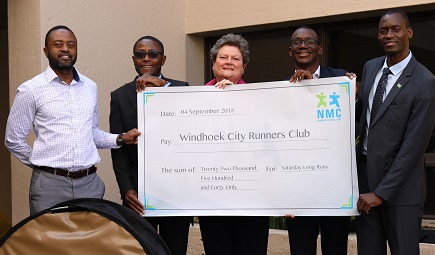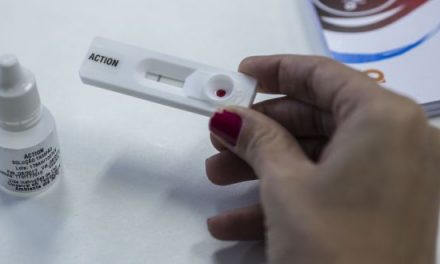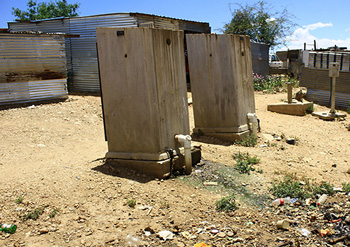
Shangula urges public to stay vigilant as festive season draws near

By Clifton Movirongo.
The Health Minister Hon Dr. Kalumbi Shangula has urged people to stay on high alert and remain vigilant against a possible second COVID-19 wave as the festive season fast approaches.
Shangula said citizens must observe social distancing, avoid public gatherings, wear their face-masks and wash their hands or sanitize regularly while adhering to all the other safety measures in public spaces to curb the further spread of COVID-19.
This comes after the President, HE. Dr Hage Geingob recently said that citizens cannot afford to slow down now, and should instead step up the fight against COVID-19.
Last month, the minister of health dismissed suspicions that the second wave of the pandemic had reached the country.
In an interview with the Economist, Shangula revealed that the occurrences of rallies and mass public gatherings fueled the transmissions that resulted in the recent upsurge of positive COVID-19 cases after the country recorded some of its highest numbers in December alone.
“The health measures should be followed and if everybody complies, we would not be seeing the increases that we have been seeing as of late,” Shangula said.
Shangula added that although other countries worldwide such as the UK have started with the distribution of the COVID-19 vaccine, people should not relax on the observation of the safety measures.
He also emphasized that the ministry has a strategy of distribution in place if and when the vaccine becomes available, but reiterated that the most important aspect right now is to follow preventative measures and remain vigilant at all times.
The strategy according to the Ministry of Health is that 20% of the population comprising mainly of the most vulnerable people and health workers are the targeted group to be first in line once the vaccine arrives in the country.
“When the vaccine comes, we will inform the public and they can go for it, but for the time being we do not have it and people should not have any false hope on the vaccine. I urge the public to be continue doing what is required of them, that it is following the safety measures in place,” he said.
The Khomas and Erongo regions have the most cases recorded according to the latest figures from the Ministry of Health, which raised a few eye-brows as these regions are well known as holiday and popular tourist destinations.
However, the minister said the COVID-19 cases situation in the Erongo region is under control adding that for Windhoek it is a different story because the cases are diffused all over the city.
“In the Erongo region it is in one boarding school, so that is expected because it only takes one learner to be infected and then the rest can infected. The majority of them had contact with a person who tested positive, which means this one is a little bit easier to control but I cannot say the same for the Khomas region because here it is not concentrated,” he said.
To date, the cumulative number of confirmed cases currently stand at 15,298 while the total number of active cases stand at 1138 with one COVID-19 fatality reported from Windhoek district. The total number of COVID-19 related deaths now stand at 153.
In the last few months, a second wave of COVID-19 has swept across Europe and North America where most countries were beginning to see a spike in numbers again.












































